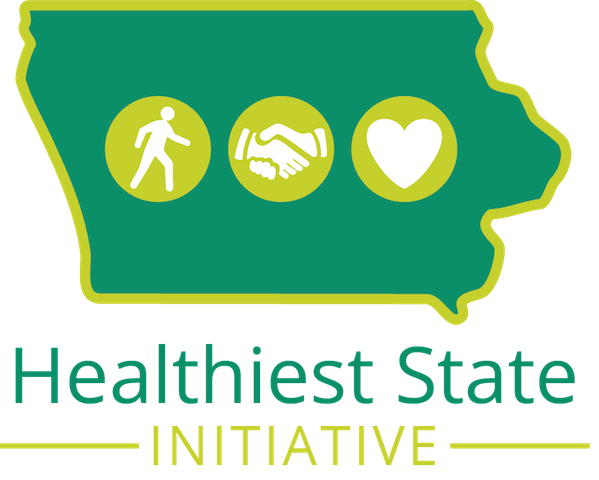Kick Stress to the Curb
So long to winter blues, hello spring sunshine! While the change in seasons (especially to warmer ones) can bring on renewed moods and energy, it can also bring about a whole new set of potential stressors waiting to wreak havoc on our bodies. While some stress can be good for our body, chronic stress and its byproducts can be more harmful than helpful to our overall health.
Combatting stress can be easy by incorporating simple, healthy habits into a daily routine. One easy place to start is with food. To say that stress affects eating habits is an understatement. Whether you eat more or less during times of stress, aiming for balanced meals and snacks as much as possible is the key to eating healthier and feeling better both physically and emotionally. A balanced meal should include carbs, protein and fat with an emphasis on including produce when possible. And don’t forget the snacks! Pack a Good Measure bar for that morning or afternoon snack-attack for a blood sugar-friendly food with nutrient-rich ingredients.
For many, the spring and summer months mean a garden full of produce. Growing your own produce is a surefire way to increase your overall fruit and vegetable intake. While there is no one fruit or vegetable that will specifically help combat stress, increasing our fruit and vegetable intake can increase our overall health, which can lead to less stress. Additionally, fruit and vegetables are high in antioxidants which help fight free radicals in our body. Free radicals are literally the byproduct of stressors in our body, so eating more produce literally helps fight stress!
Moving our bodies has momentous outcomes for our overall health and for combating stress. Not only do we feel better after movement, but activity can also help reduce anxiety and increase cardiovascular health. Aiming for at least 20-30 minutes of physical activity 5 days a week may help reduce stress.1
Don’t forget the water! Staying hydrated is imperative for good health. The healthier our bodies, the less likely we are to feel the effects of stress. 60% of our body is water and it plays a key role in many processes throughout our body. While our water needs can fluctuate depending on the time of year or age and gender, standard recommendations include about 9 cups (72 ounces) of water for women and 13 cups (104 ounces) of water for men.2
Finally, don’t forget to make the end of your day a priority as well. Sleep is just as important as nutrition and exercise to physical and emotional health. To prevent stress from affecting sleep, consider creating a night-time routine that starts about 30 minutes prior to your bedtime. Aim to go to bed and wake up around the same time every day. On average, adults should aim for about 7 hours of sleep each night.3
Staying healthy doesn’t have to be boring. In fact, growing your own food or creating exciting meals can be a great way to bust stress daily.
The information is not intended as medical advice. Please consult a medical professional for individual advice
1 Control and Prevention, C.F.D. (2022) How much physical activity do adults need?, Centers for Disease Control and Prevention. Centers for Disease Control and Prevention. Available at: https://www.cdc.gov/physicalactivity/basics/adults/index.htm (Accessed: March 30, 2023).
2 Gordon, RDN, LD, B. and Klemm, RDN, CD, LDN, S. (2022) How much water do you need?, Academy of Nutrition and Dietetics. Available at: https://www.eatright.org/health/essential-nutrients/water/how-much-water-do-you-need (Accessed: March 30, 2023).
3 Control and Prevention, C.for D. (2023) Coping with stress, Centers for Disease Control and Prevention. Centers for Disease Control and Prevention. Available at: https://www.cdc.gov/mentalhealth/stress-coping/cope-with-stress/index.html (Accessed: March 30, 2023).


